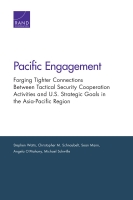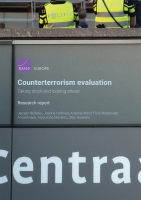By Sudha Ramachandran
 Bhutan’s voters have given the Druk Nyamrup Tshogpa (DNT) a strong mandate in the country’s recently concluded general election. A relatively new party, the DNT won 30 of the 47 seats in Bhutan’s National Assembly (NA) and will form the new government.
Bhutan’s voters have given the Druk Nyamrup Tshogpa (DNT) a strong mandate in the country’s recently concluded general election. A relatively new party, the DNT won 30 of the 47 seats in Bhutan’s National Assembly (NA) and will form the new government.
Its victory is noteworthy; the party is forming the government on its debut in Parliament.
The new government faces several daunting tasks ahead. Inequality is rising as is unemployment; 10.6 percent of Bhutanese youth are unemployed. Foreign debt, which was 108.6 percent of its Gross Domestic Product (GDP) as of 2017, is growing, much of it being owed to India.
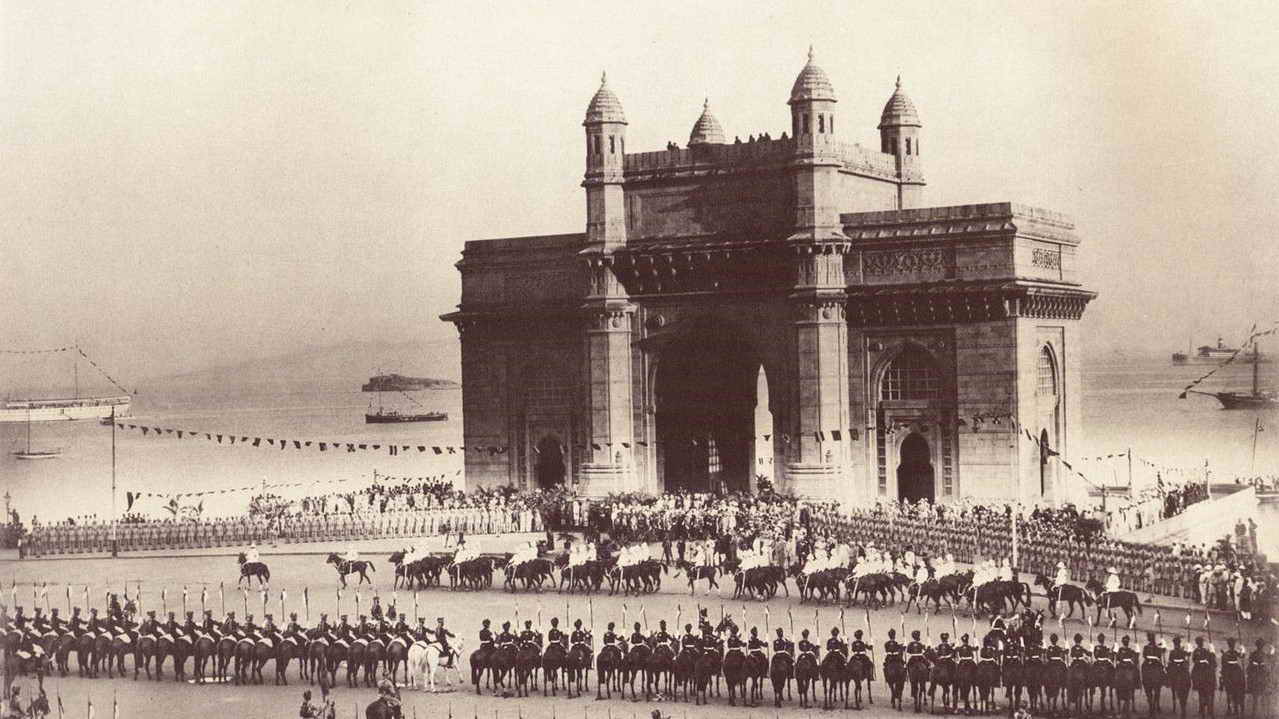

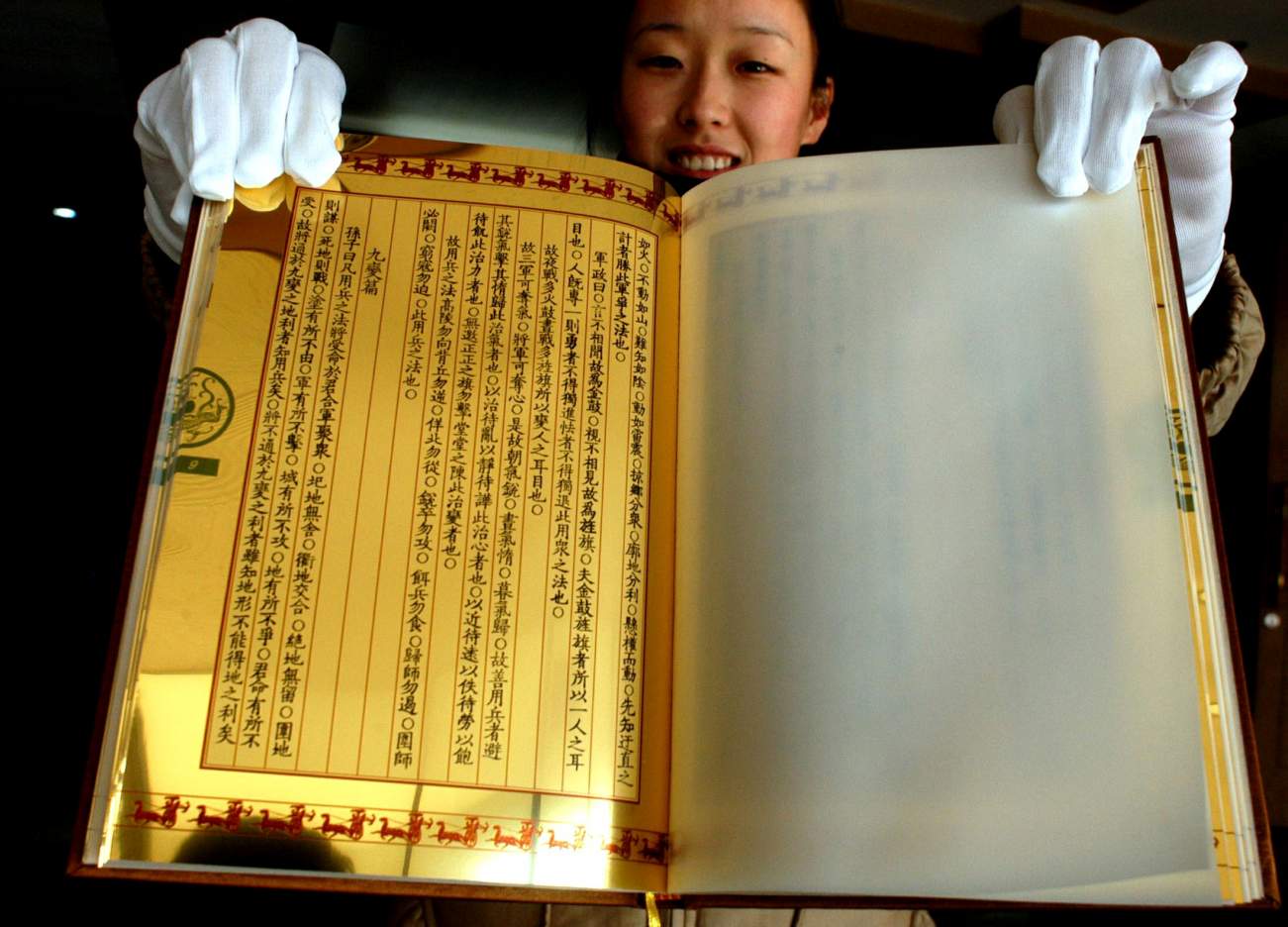


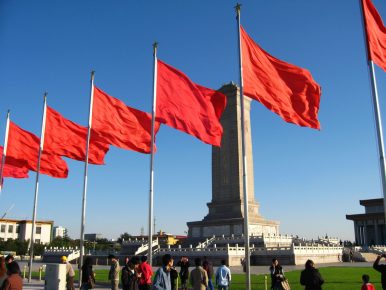



/arc-anglerfish-arc2-prod-mco.s3.amazonaws.com/public/LANQHVNKW5EABPPZE3VB5DBEF4.jpg)

/arc-anglerfish-arc2-prod-mco.s3.amazonaws.com/public/QJ7LENOCARDABFJCWW5XBOB4KA.jpg)
/arc-anglerfish-arc2-prod-mco.s3.amazonaws.com/public/WMCAFX35VREDPIQ7LEOAIIW6TA.jpg)
/arc-anglerfish-arc2-prod-mco.s3.amazonaws.com/public/V6ZOGGBIQNFLRDGLXVGHIQ7HEU.jpg)
